These two fashion grads are making next-gen accessories while preserving Indian craft
Vandyaa Lakkaraju and Rekha Mutyala from Hyderabad founded Ishma, an accessory design firm targeting Indian youth while pursuing the cause of preserving Indian crafts.
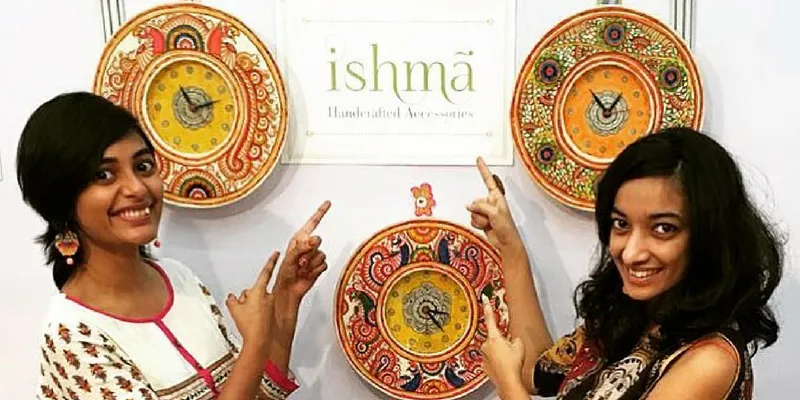
Two young fashion graduates who were fascinated by out-of-the-box accessories and had a love for all things vintage and handmade came together to set up Ishma, with a mission to revive the dying crafts and improve employment opportunities to the artisans.
Here’s the journey of Vandyaa and Rekha, who are trying to bring to the fore accessories of the yore and the forgotten.
Promoting workmanship
The idea dawned upon the minds of Vandyaa and Rekha, two students at the National Institute of Fashion Technology, Hyderabad, when they were in the final year of college.
We wanted to work with handicrafts because their workmanship, creativity and their power to take us through history and social change has captivated us, says Vandyaa.
"Though both of us graduated in 2014, we went on to take up jobs while refining our idea on the sidelines. We registered ourselves as an LLP on August 10, 2016,” she adds.
The two friends were exposed to different handicrafts and handlooms at NIFT, Hyderabad. They visited some of the villages in Telangana and Andhra Pradesh, lived with the artisans, understood their lifestyle, their monetary requirements, and the reason behind them discouraging their children to take up the craft as a steady source of income.
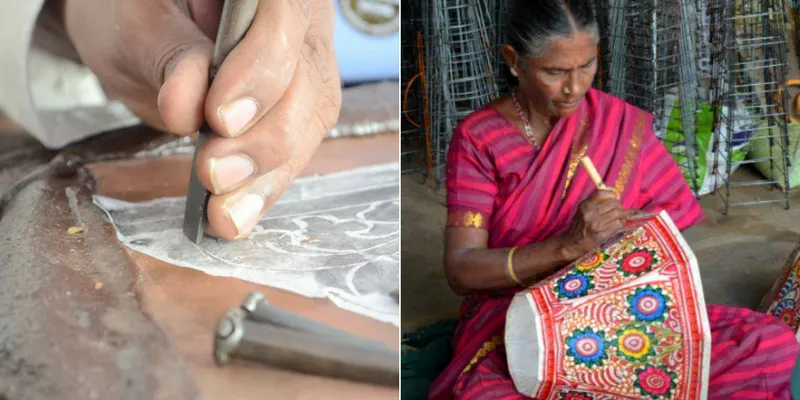
Vandyaa and Rekha realised that all these crafts had great unexplored potential to become relevant to today's fast-paced lifestyle. While they saw this as an opportunity to experience the heritage of the country’s handicrafts, they also witnessed the adversities faced by the artisans of the craft.
"Our fascination for jewellery has led us to transform almost every craft we take up into fashion jewellery," Rekha says.
"Jewellery is a fast fashion product, it will always be in great demand - as long as we humans love to adorn ourselves. Therefore, we thought that to start with and to ensure continuous purchase orders to the artisans, jewellery would be a great idea.”
Reviving arts
Ishma is currently working with four different artisan families that work with their indigenous form of art.
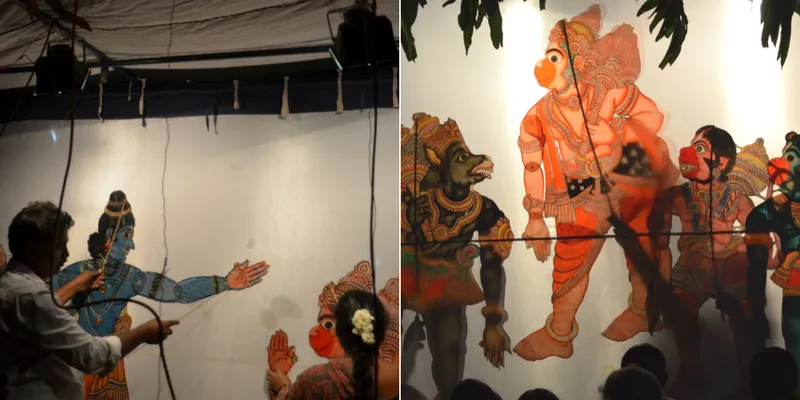
Tholu Bommalata or leather puppetry is made in the Ananthapur District of Andhra Pradesh. The artisans make life-size and larger-than-life-size leather puppets and narrate the tales of Ramayana and Mahabharata to the local people. A lot of local folklore and plays with social themes are a staple at their performances.
This craft now is limited to their village and it is common belief there will be plenty of rainfall if they organise puppet shows in the pre-monsoon season. The belief has kept the craft alive till today. The founders of Ishma have been working with one of the families in the district to produce jewellery, fridge magnets and badges.
Brass sheet metal craft from Pemberthy, Janagaon, Warangal District, Telangana, is another art form that Ishma is trying to bring to the urban spaces.
These artisans make chariot coverings during the Kakatiya dynasty, organic shapes and flora and fauna themes are a regular in their work. They have now ventured into coverings for temple domes, pillars and doorways which are still seasonal in nature as they get orders only during auspicious seasons in the year. Ishma has been working with this art form to produce jewellery and badges.
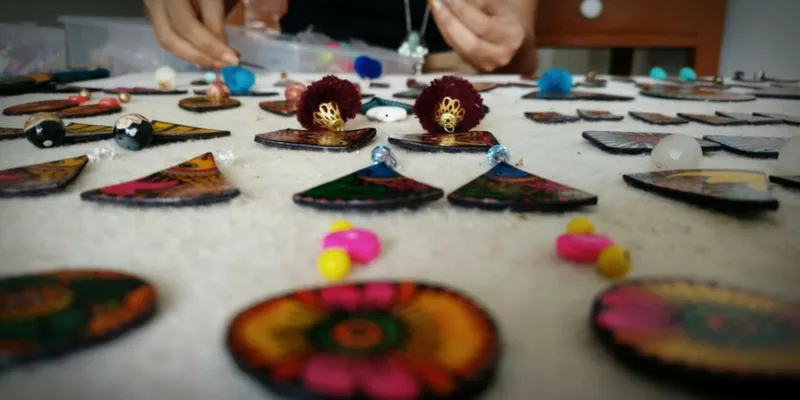
The other two families hail from Etikoppaka, Vishakapatnam District, who specialise in Lakka pidathalu or lacquered wood toys and from Ellamma Thaanda, Rangareddy District, Telangana, who specialise in Banjara jewellery and mirror work.
The artisans work from their own homes from their own villages. We travel to those villages to give them an orientation about the kind of products we want to make. They all have the right skill set necessary to make our products. Each one has been trained by their own parents and ancestors.
"We count social impact that we create in terms of families since everyone in the household is involved in the making of these products at some or the other stage. We have been successful in creating continuous livelihood opportunities for five artisan families so far. We will be adding three more to our list in the coming couple of months,” says Vandyaa.
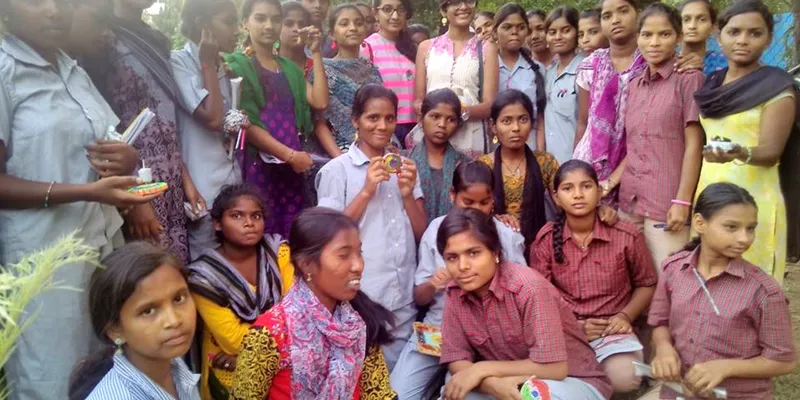
The products are sold both online and offline. Ishma’s products are available in all the major exhibitions in Hyderabad, and are also sold on www.jaypore.com and on their own website www.ishma.in.
Ishma also has a studio in Road No.2 Banjara Hills, Hyderabad where the products can be bought. They have currently sent out sample batches to the US and Australia for testing market.
“We are gearing up to be launched on www.novica.com an e-commerce handle of National Geographic. So far our products have been doing very well and we are being appreciated for our unique designs,” says Rekha.







